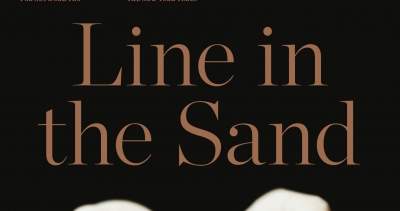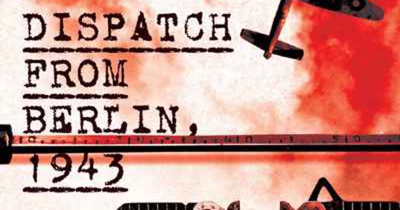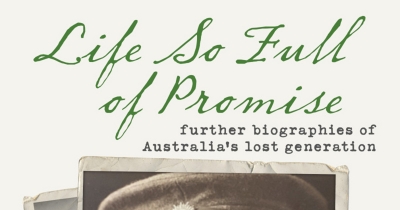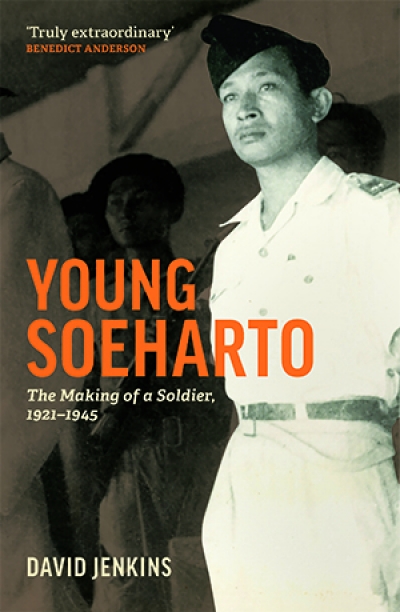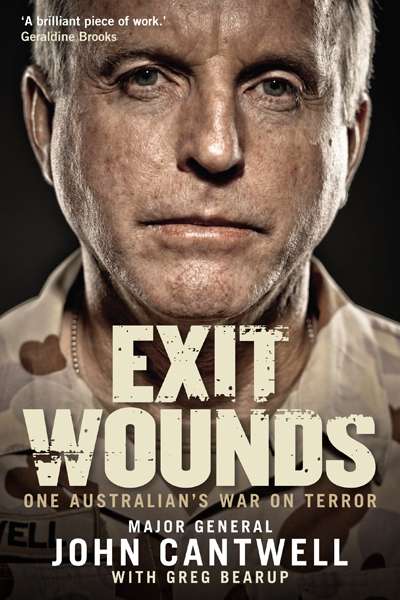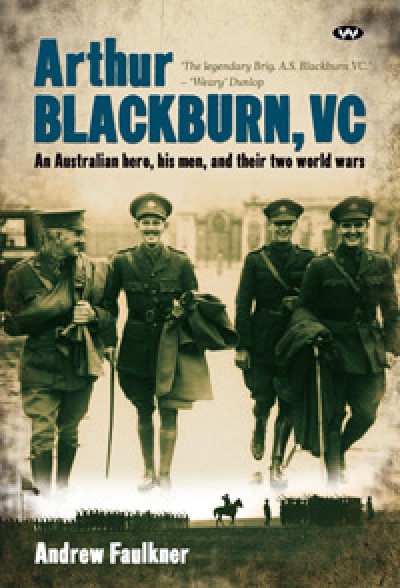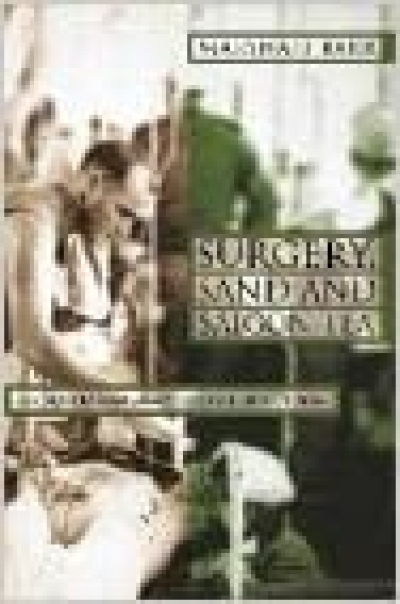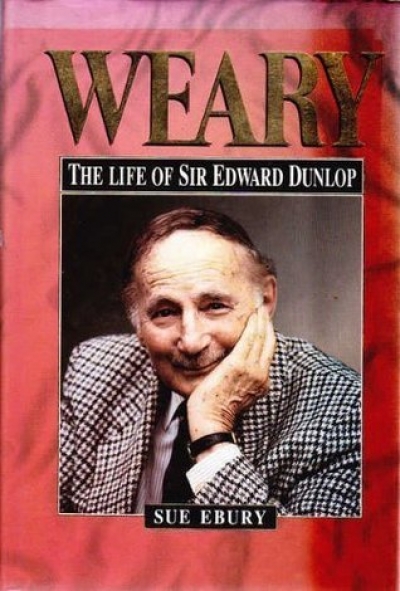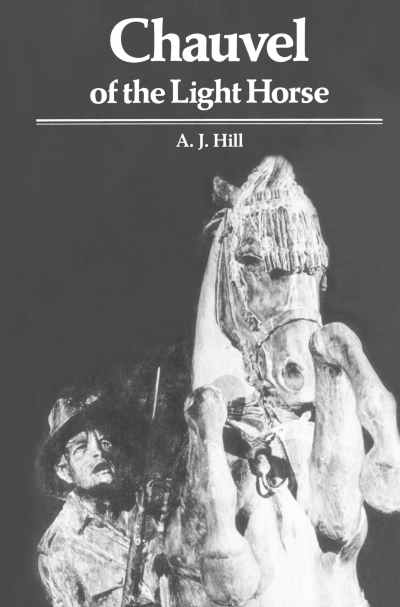Military Biography
Dispatch from Berlin, 1943: The story of five journalists who risked everything by Anthony Cooper, with Thorsten Perl
by Joan Beaumont •
Life So Full Of Promise: Further biographies of Australia’s lost generation by Ross McMullin
by Raelene Frances •
Young Soeharto: The making of a soldier, 1921–1945 by David Jenkins
by David Reeve •
Exit Wounds: One Australian’s War on Terror by John Cantwell with Greg Bearup
by Nick Hordern •
Arthur Blackburn, VC: An Australian hero, his men and their two world wars by Andrew Faulkner
by Robin Prior •
Surgery, Sand and Saigon Tea by Marshall Barr & Behind Enemy Lines by Terry O'Farrell
by Hugh Dillon •

